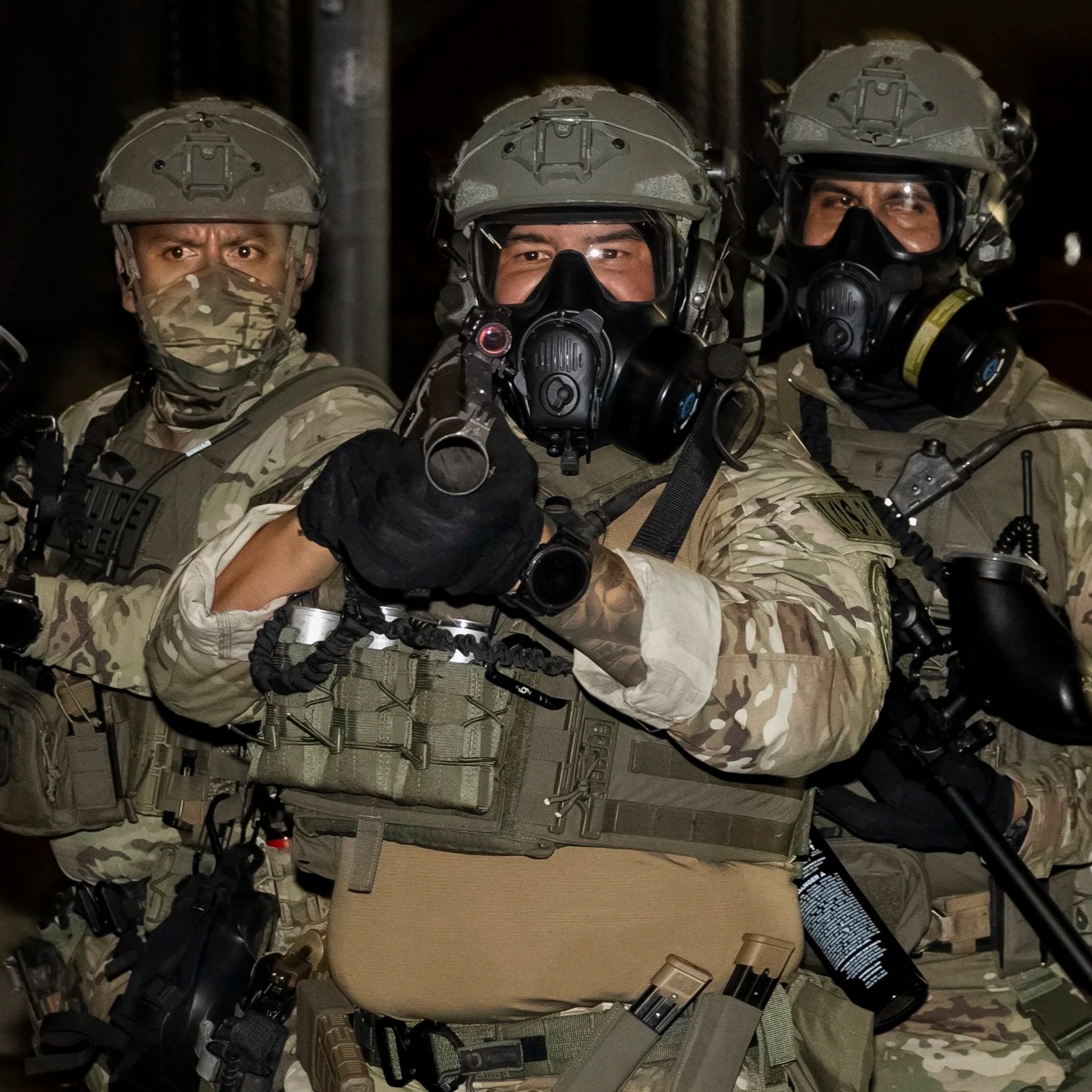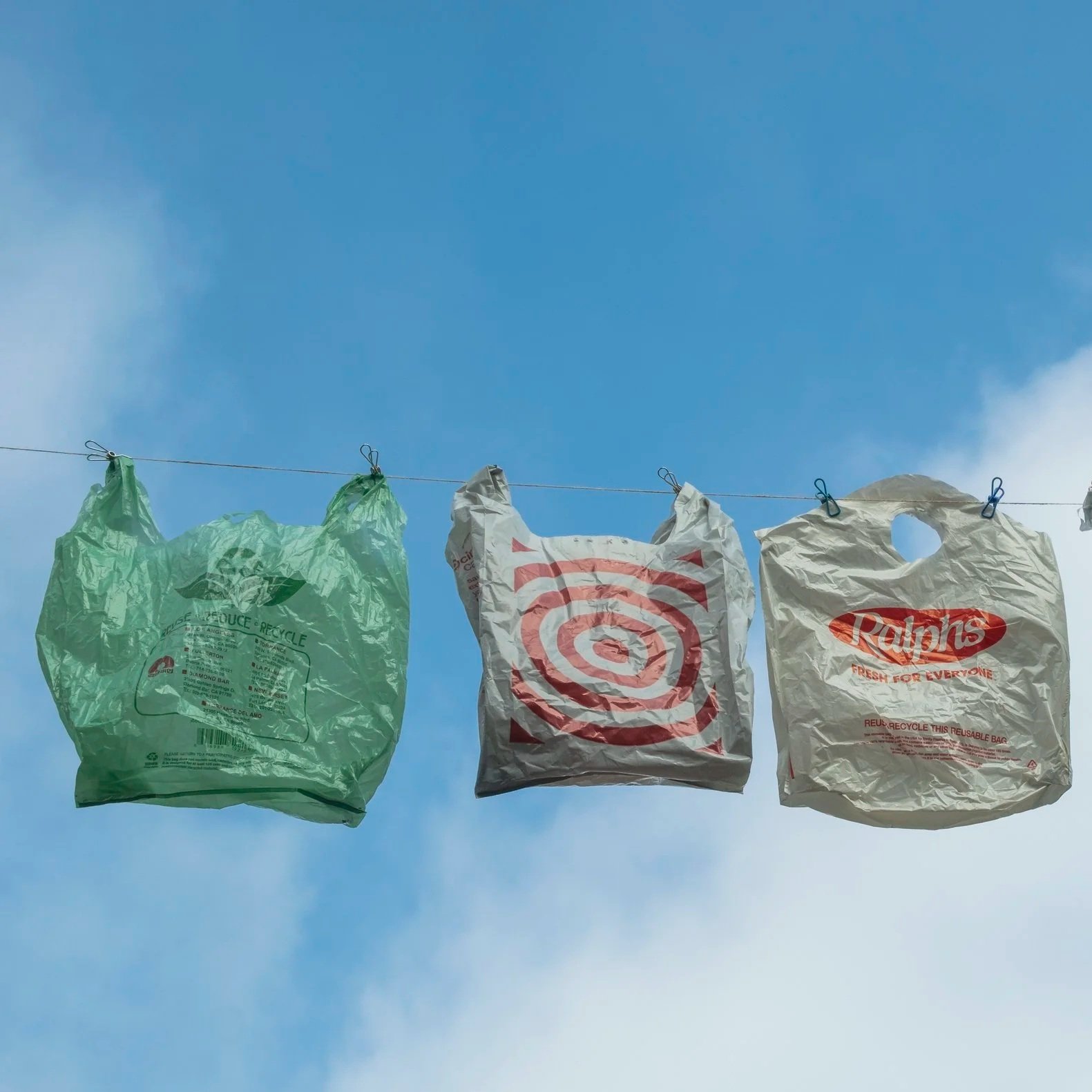International Women's Day March
Protesters gathered at Los Angeles City Hall on International Women’s Day to express their support of women’s rights, abortion rights, and intersectionality.
Activist Sikivu Hutchinson gives a speech regarding women’s historical struggles in America, interlacing abortion rights and intersectionality. Los Angeles City Hall in Los Angeles on Tuesday, March 8. (Anna Sophia Moltke | The Corsair)
On Tuesday, March 8, hundreds of protesters gathered at Los Angeles City Hall for International Women’s Day to express their support of women’s rights, abortion rights, and intersectionality. The organization Rise Up 4 Abortion Rights organized a march from City Hall to Pershing Square, in Downtown Los Angeles. “We refuse to let the U.S. Supreme Court deny women’s humanity & decimate their rights!” the organization printed across flyers for the protest.
Before the march to Pershing Square, activists gave speeches to the crowd in front of Los Angeles City Hall. Sikivu Hutchinson, feminist, novelist, playwright, and founder of the Women’s Leadership Project (WLP), vocalized women’s historical struggles in America, interlacing abortion rights and intersectionality. Sikivu shared the decades-long support that black women have given for Roe, recognizing the liberating effect their abortions had on their lives. “Economic independence, mobility, free from state apartheid white supremacist heterosexist violence. We will not back down. We are fighting for abortion on demand. Out and proud, without apology, and without retreat against the fascists, against the theocrats, and against the lies of American exceptionalism,” said Hutchinson.
Lawden Bazargan, a former political prisoner of Iran and current human rights activist, shared the importance of solidarity in the face of fascism. Bazargan described the 43 year-long fight Iranian women faced against a “brutal regime,” however, these women are demanding their rights even after being “jailed, whipped, tortured, and killed.” “I’m here today on behalf of Iranian women to warn you to take fascism and the power of religious institutions seriously. We have to stand united and support each other’s struggles. We must fight. We must resist. We shall overcome these dark days together, standing united,” said Bazargan.
Member of the organization Revolution Club, Annie Day, read the testimony of Araceli Herrera, whose story detailed the experience of a teenager who was denied an abortion after being raped. "They said to me, No. They kicked me out of school. I lost everything; my life, my dreams. Do not take away that right. Do not deprive us of that right. Our right to choose…,” Day read from Herrera’s testimony.
Activist and cultural worker Ruben Martin Garcia Johnson attended the entire march. Johnson has attended human rights protests since he was eight years old when his older brother took him to protest the Vietnam War. “This is the time for the current generation to stand together in solidarity and demand changes. We need more women in positions of power in this country. I am tired of old white men making decisions out of greed that impact future generations,” Johnson said.
Following the speeches at City Hall, organizers from Rise Up 4 Abortion Rights led the group of protesters through the streets of Downtown Los Angeles, with guidance from the Los Angeles Police Department. Counter-protesters were also present, holding graphic images of deformed fetuses on signs and using the siren feature on their megaphones in an attempt to intimidate the crowd. The march ended at Pershing Square, where singer Reverie Love performed three songs to close off the event.




